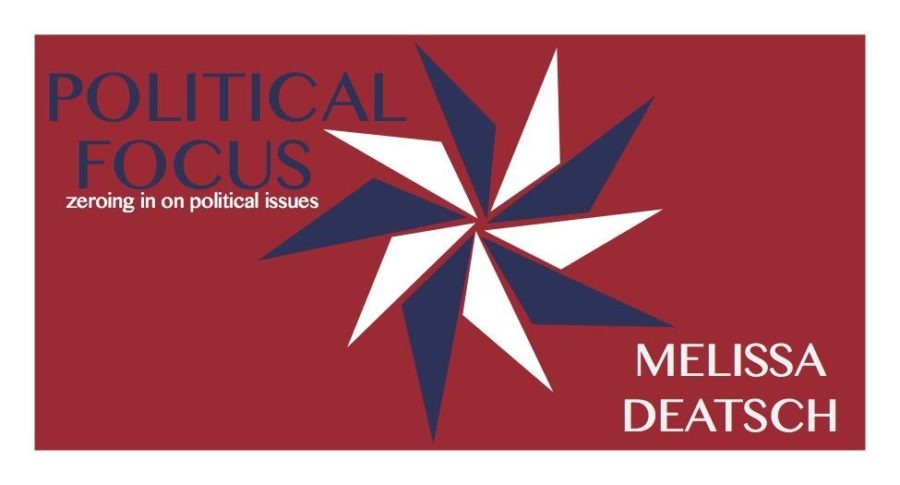Political Focus: Cuba
What’s the issue?
Throughout Barack Obama’s presidency, he has aimed to bring the United States closer to its long-time foes. One area of focus for Obama has been Cuba, whose relationship with the United States has been estranged for almost half a century.
Obama has been working on relations with Cuba since December of 2014. This effort began with a release of a Cuban prisoner in American prisons for an American prisoner in Cuban prisons.
That deal has been followed by a steady removal of restrictions in relations between the two countries most recently allowing Americans to travel to Cuba as individuals.
On Sunday, March 17, 2016, President Obama landed in Cuba for a three-day visit to meet and work with the Cuban government along with the Cuban people. The visit began with a meeting with officials at the recently opened US embassy and ended with the viewing of a baseball game between the Cuban National team and the Tampa Bay Rays.
Why should you care?
This visit from President Obama was the first presidential visit to Cuba since Calvin Coolidge in 1928, who arrived aboard a warship. The relationship with Cuba has been virtually nonexistent for many years.
The communist government in Cuba is a huge source of contention for the United States. Washington has long taken issues with the government’s treatment of human rights to the Cuban people.
On the same day as President Obama’s arrival in Cuba, 50 members of a human rights activists group in Cuba, the Ladies in White, were arrested for protesting for improved human rights.
USA Today reported that this is not an unordinary experience for the Ladies in White. They march every Sunday after church for improved human rights and are arrested for anywhere between a few hours or a few days each week.
Since Cuba has shown virtually no moves toward reform under current leader Raul Castro, attempts to repair that relationship has been under high scrutiny by many.
What are the sides?
Obama and his administration say his visit to Cuba serves two purposes. It will urge the government to give more rights to its people and open up economic channels for American businesses.
However, they also have a bigger picture goal with this visit to Cuba. The Obama administration hopes to create an example on how to handle longtime enemies in foreign policy.
The Cuban government has a lot of control over what is reported in the news — Cuban people didn’t know much about President Obama until his speech announcing the reopening of the U.S.’s relationship with Cuba was broadcast on Cuban television.
Since then, it has seemed that the Cuban people are on Obama’s side. A survey firm, Bendixen and Amandi, conducted an independent poll of the Cuban people and found that 80 percent of the people gave Obama “positive marks.” The only person on the poll that matched President Obama’s approval numbers was the Pope.
Though it appears the Cuban people are in alignment with President Obama, the government has given us little reason to believe they feel the same. This leads many U.S. public officials to disagree with Obama’s decision to reopen ties with Cuba.
Among those to disagree with the president are three sons of Cuban immigrants in the senate — republicans Ted Cruz and Marco Rubio and democrat Robert Menendez. They say these advances in the Cuban-American relationship are rewarding an authoritarian regime that has made no advances toward democracy.
Along with these three, many who oppose the relationship in Congress feel that this president is much too willing to work with longtime foes purely for his principles in foreign policy and not because it will actually benefit the American people, citing the Iran deal as additional evidence.
Because of this resistance, President Obama recently made a “strong prediction” that the trade embargo with Cuba was not likely to be lifted by Congress while he is still president.
Obama hopes this visit is the first of many for American presidents. He hopes this will begin a new era of relations between the two states.








